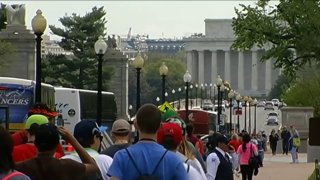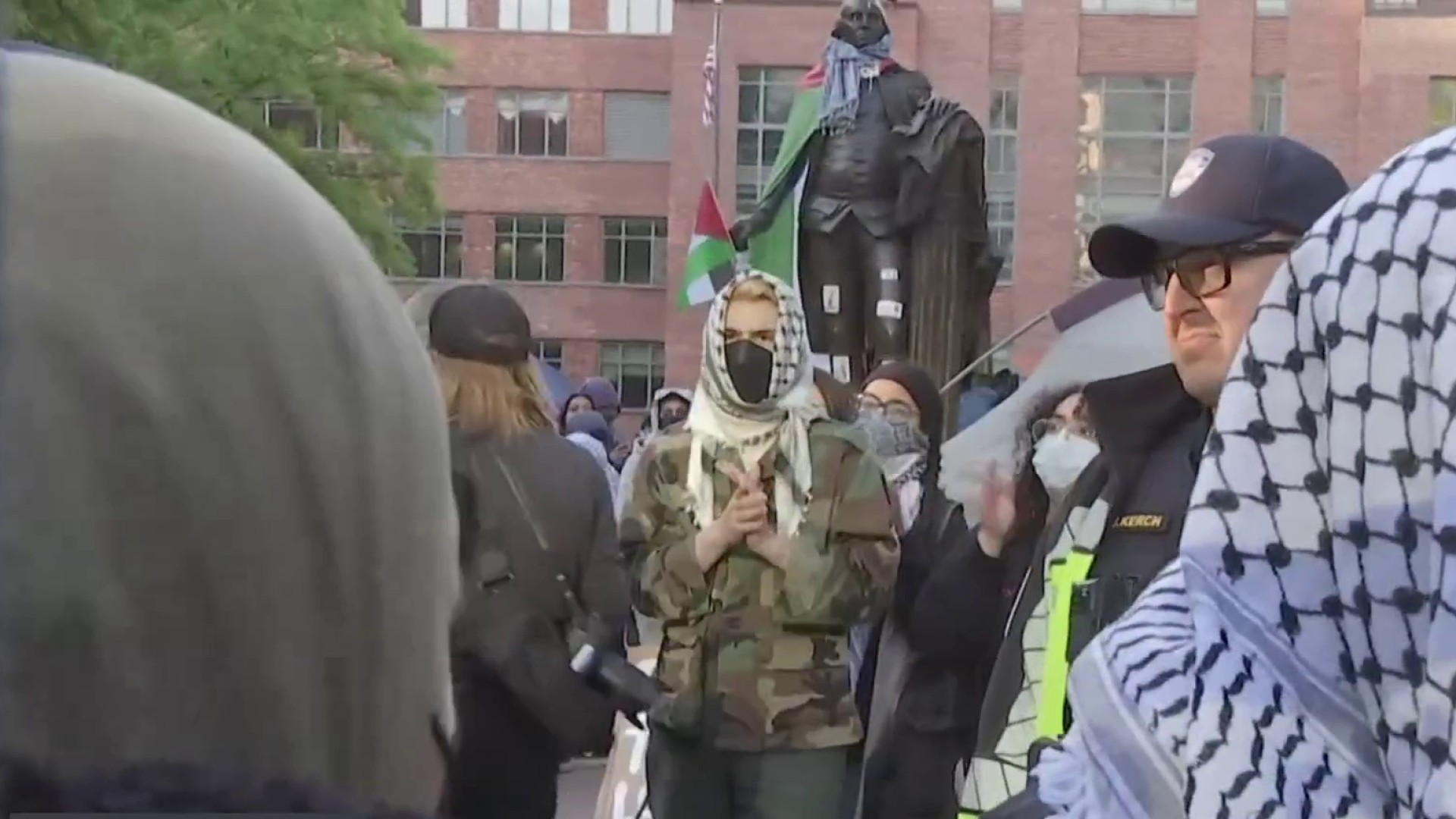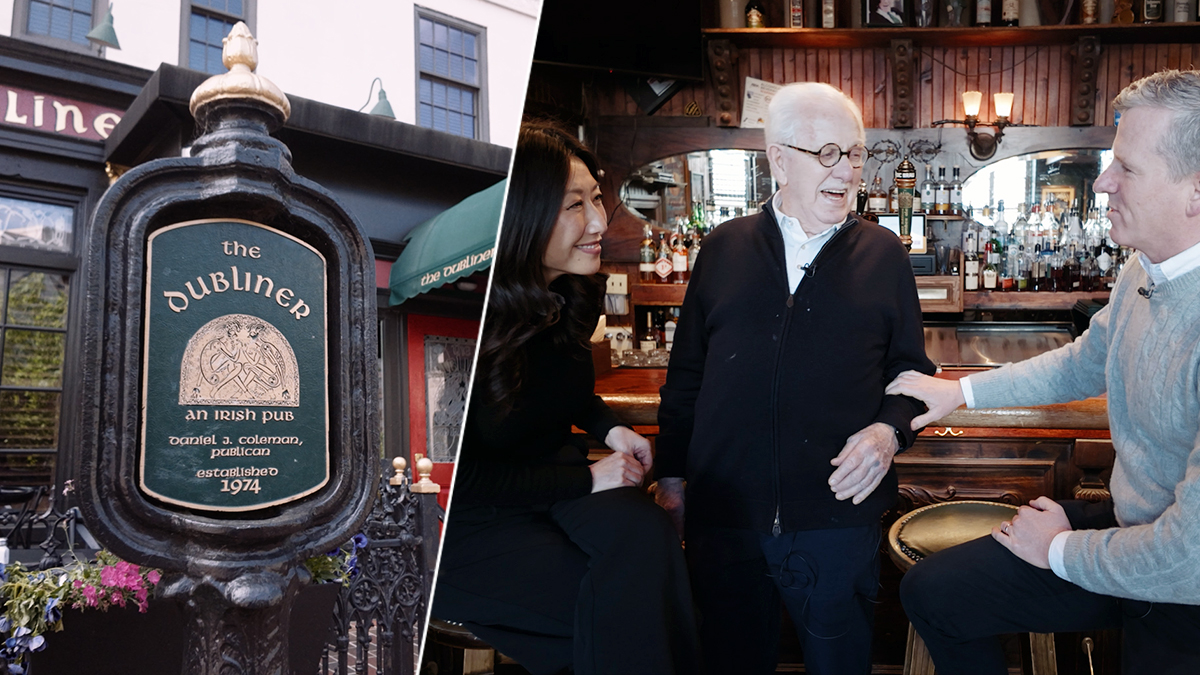
Tourist season is upon us: Buses are buzzing around the National Mall, the zoo and other destinations. On Thursday, D.C. Mayor Muriel Bowser joined officials with the tourism industry to celebrate the return of tourists after the pandemic reduced their numbers.
There's good news for the local economy, but the industry is still facing challenges.
Tourism and hospitality is the second biggest industry in D.C., after only the federal government. The pandemic was devastating for local businesses that depend on visitors. Last year saw a big comeback, and D.C. hopes to see even more tourists this year.
"We're slowly but surely returning back to where we were pre-pandemic," said Elliott Ferguson, president of Destination DC, the agency tasked with promoting the District to visitors from all over the country and the world.
We're making it easier for you to find stories that matter with our new newsletter — The 4Front. Sign up here and get news that is important for you to your inbox.
Ferguson said the numbers show tourism in D.C. is coming back strong.
Last year, D.C. had 20.7 million domestic visitors, a 10% increase from 2021. And last year's visitors spent $8.1 billion, a 50% increase from 2021.
And those visitors generated $1.6 billion in tax revenue for D.C.
Local
Washington, D.C., Maryland and Virginia local news, events and information
There are 84,111 people are now working in tourism and hospitality-related jobs, a 45% increase from 2021.
"That’s why I say, yes, tourism is fun and games and culture and museums, but it's also big business," Bowser said. "It's how people get jobs to raise their families to live the American dream. It's how we invest in schools, public safety and transportation. That's why tourism is so important to come back."
In addition to the more than 20 million Americans who visited D.C. last year, more than a million overseas travelers made D.C. their destination in 2022, a 70% jump from the year before. International travelers typically spend more time and money when they visit D.C. than domestic visitors.
But attracting visitors to D.C. has its hurdles, including the rise in violent crime, which people across the country hear about in the news.
"They hear that about all major cities, unfortunately," Bowser said. "....[W]e're no different from a lot of urban areas that saw some spikes in some places and are working hard to drive it down."
Another challenge for D.C.-area businesses is finding people to work in hotels, restaurants and other destinations.
"It's been a struggle to get back on track... hospitality was the hardest hit and the slowest to rebound," Ferguson said. "There has been more momentum, folks returning back. There are jobs at all levels, not just entry. We’re up to 80,000 jobs specific to tourism and hospitality in Washington."



